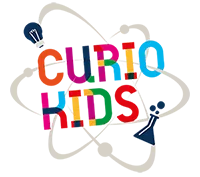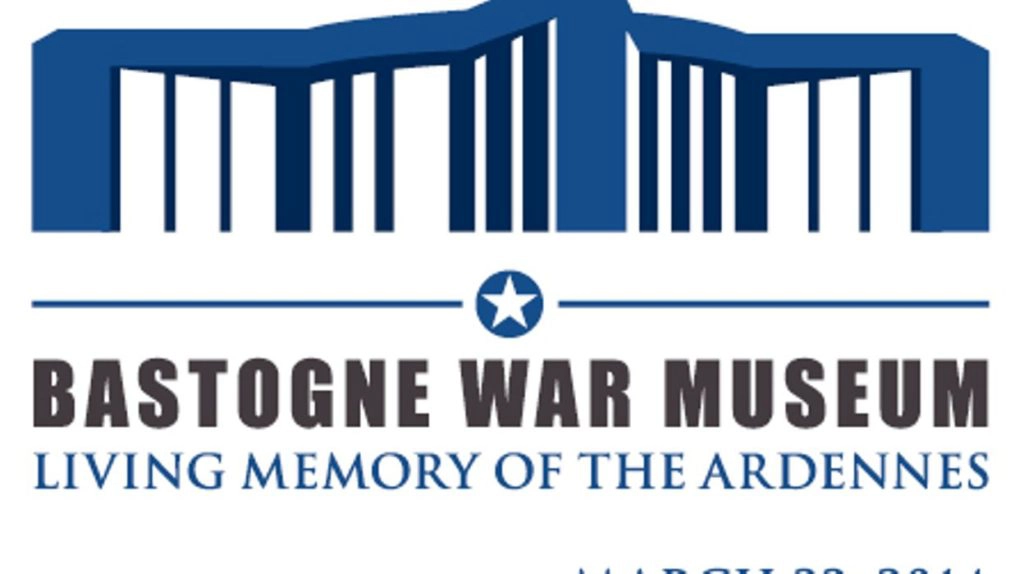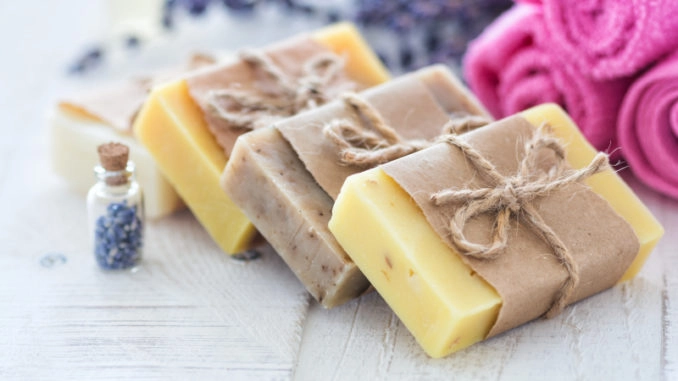
During the Second World War, we were short of everything, and therefore of soap. The Belgian population, rationed, made some with its own means.
Rationing of soap during the Second World War
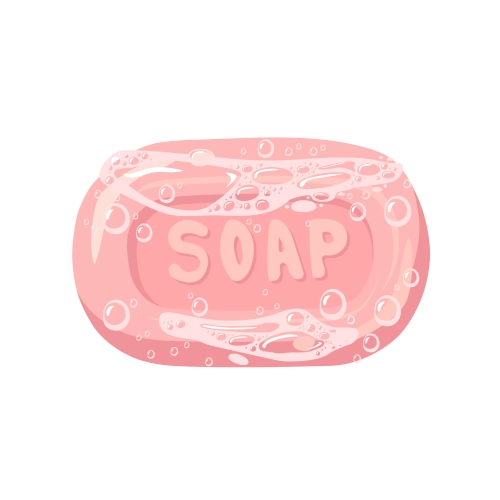
During our first confinement, we lacked masks and hydro alcoholic gel to disinfect our hands. During the second world war, it was a bit the same thing, except that this time the population lacked food, leather for shoes, coals for heating, or soap for body washing. In the fall of 1939, soap became unavailable in stores.
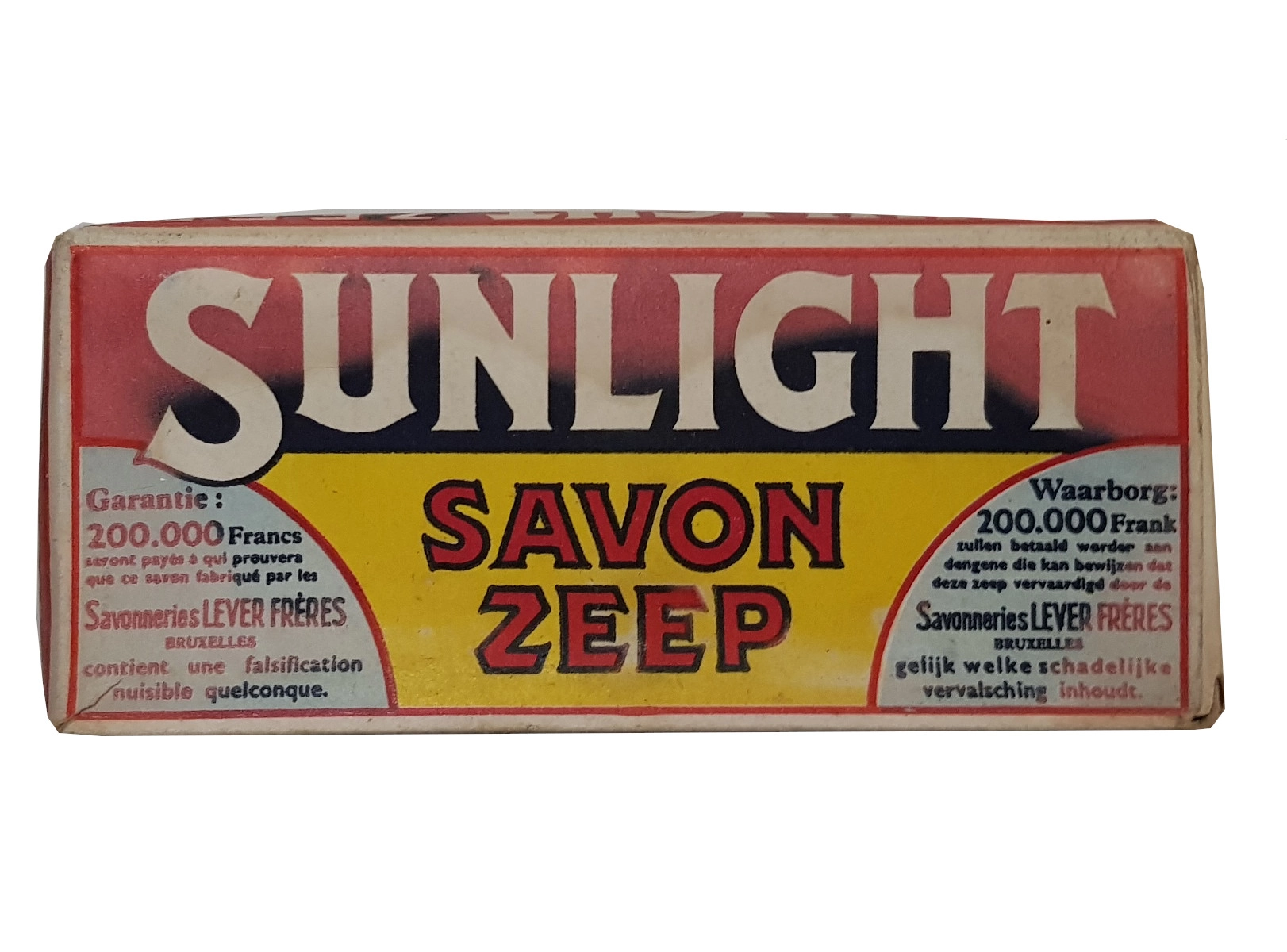

Requisition
When the army takes possession and collects objects or food.
Ration coupons
Tickets to exchange for food, coal or hygiene products during the war.
Indeed, the Germans who occupied our regions had requisitioned all the wealth and resources of our fellow citizens. Moreover, because of the war, trade with foreign countries and colonies was slowed down. To feed and equip ourselves, we had to obtain ration coupons. Small tickets that indicated how many grams of butter or liters of milk we could get. In Belgium, the population was entitled to 20 grams of soap per person. That was not much.
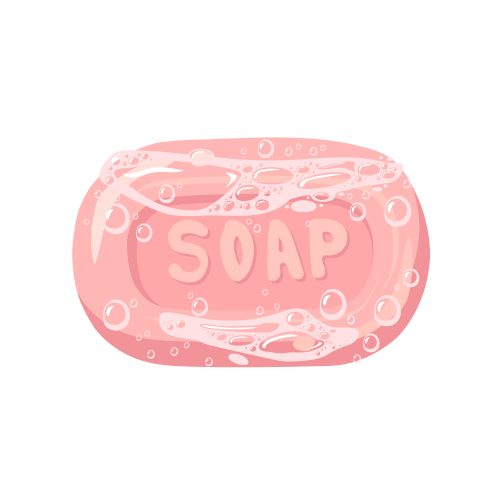
The population organizes itself to feed itself and make the soap it needs
During this war, people were starving. The empty stores and long lines stretched out on the sidewalk to get bread. But people thought and came up with ideas to compensate for the lack. Public gardens became vegetable gardens, people raised rabbits on their bacon or in their cellars, and everything possible was salvaged and turned into something else useful.
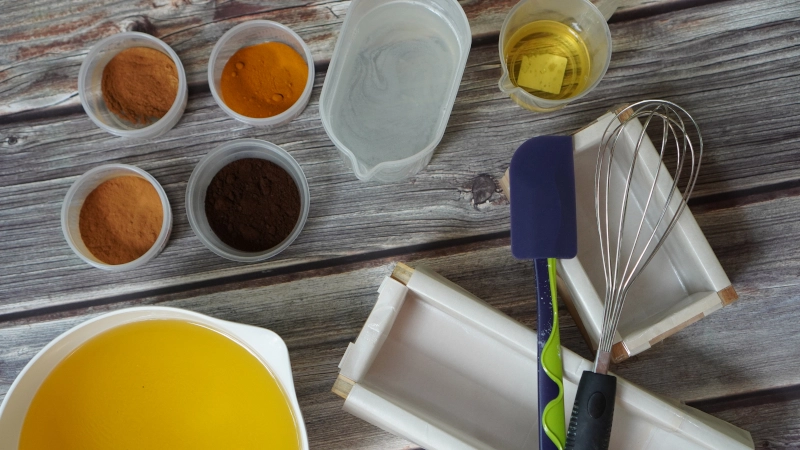
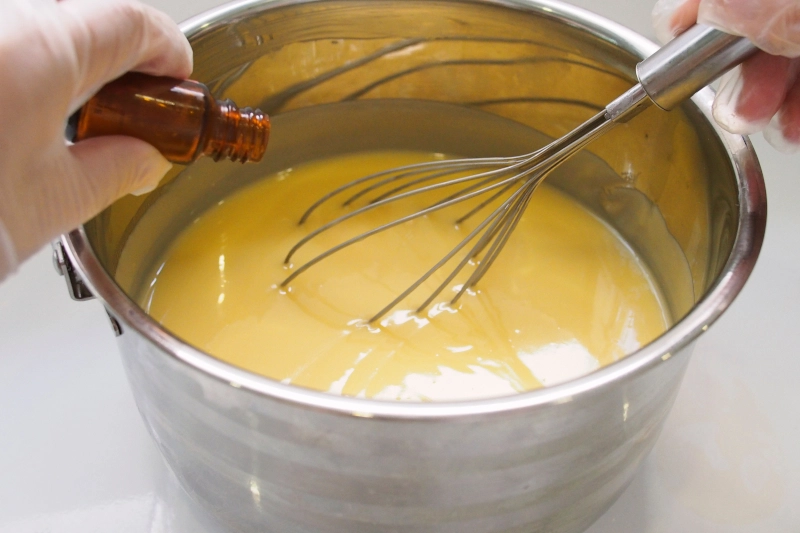
People practice barter or develop the black market. A market that sold things “forbidden” by the Germans. This is how the ingredients needed to make soap could be sold or exchanged… under the table.
How to make soap in wartime?
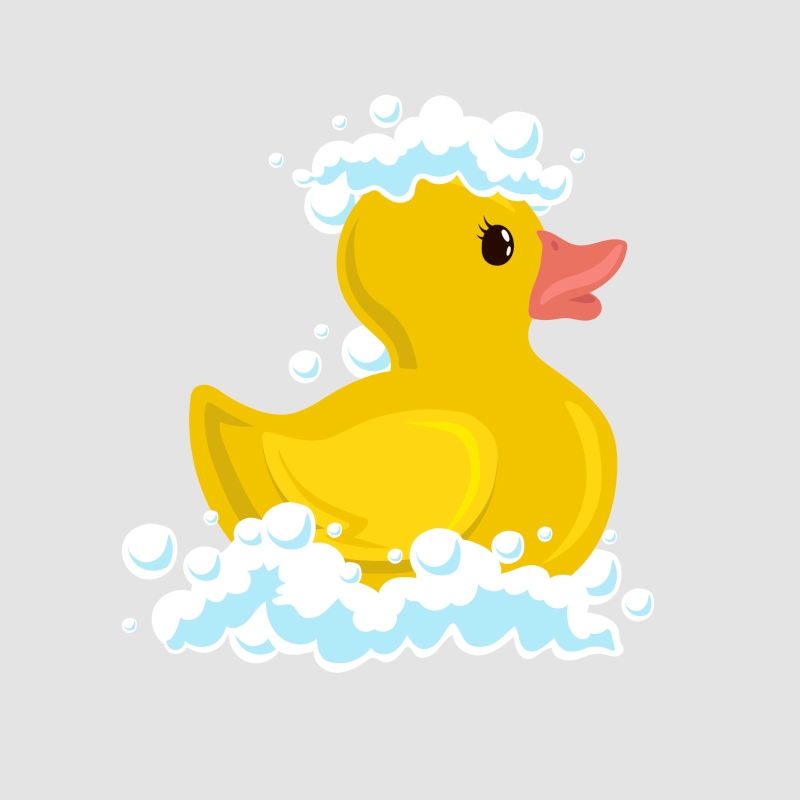
The inhabitants were confined as we were during the pandemic. Subjected to curfew, they braved the prohibitions to make the missing objects like soap. Soap is very important because it is the basis of hygiene. Scabies, a skin disease, was widespread at the time. The population, therefore, adapted to make soap and resell the surplus on the black market. To make soap, one needed: fat, caustic soda, resin, alum, talcum powder, and some perfumed oils.
In Belgium, women would collect fir resin in the forests. The fat used was that of the cow because the pig’s fat was kept for food. Caustic soda was also produced in Belgium by the Solvay company in Couillet.
Hidden in kitchens or cellars, women made soap molded in cookie cutters. Excess soap is sold on the black market to supplement the household income.
Our necessary confinement was much less severe than that of wartime.
